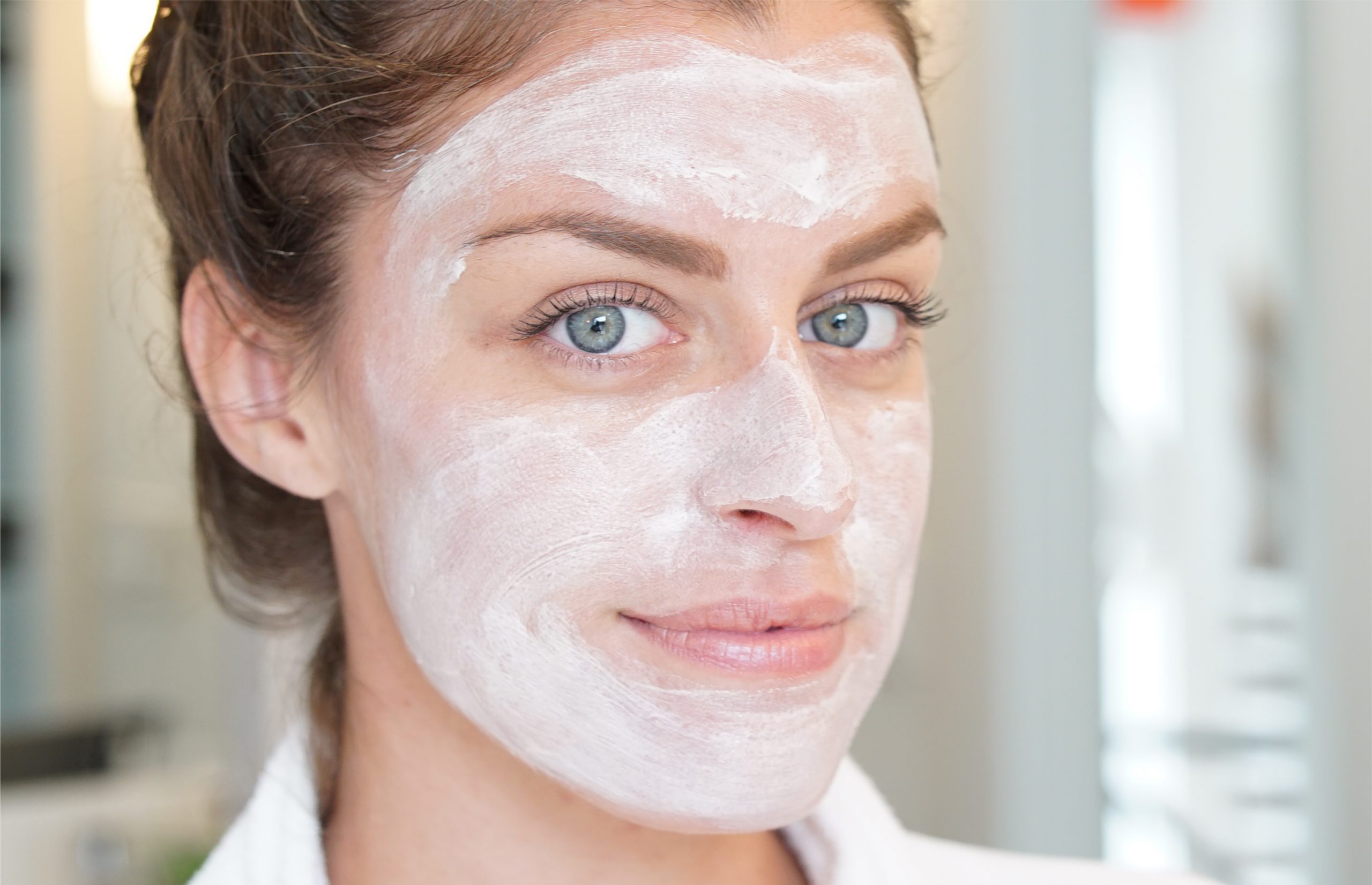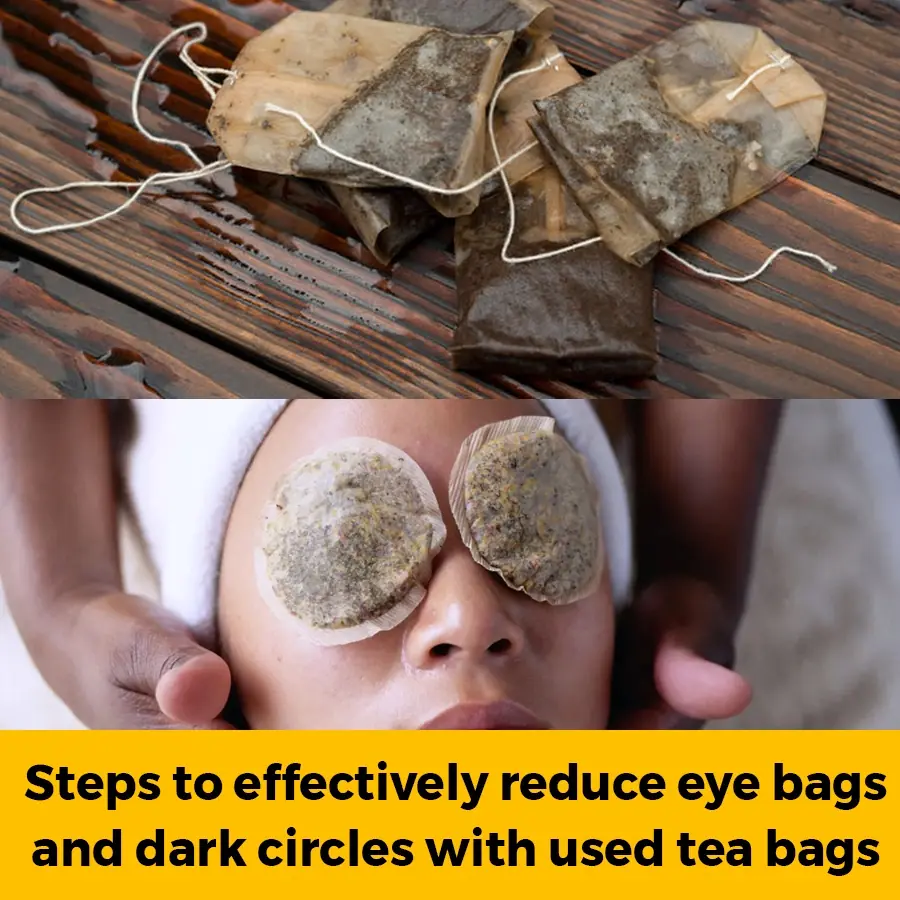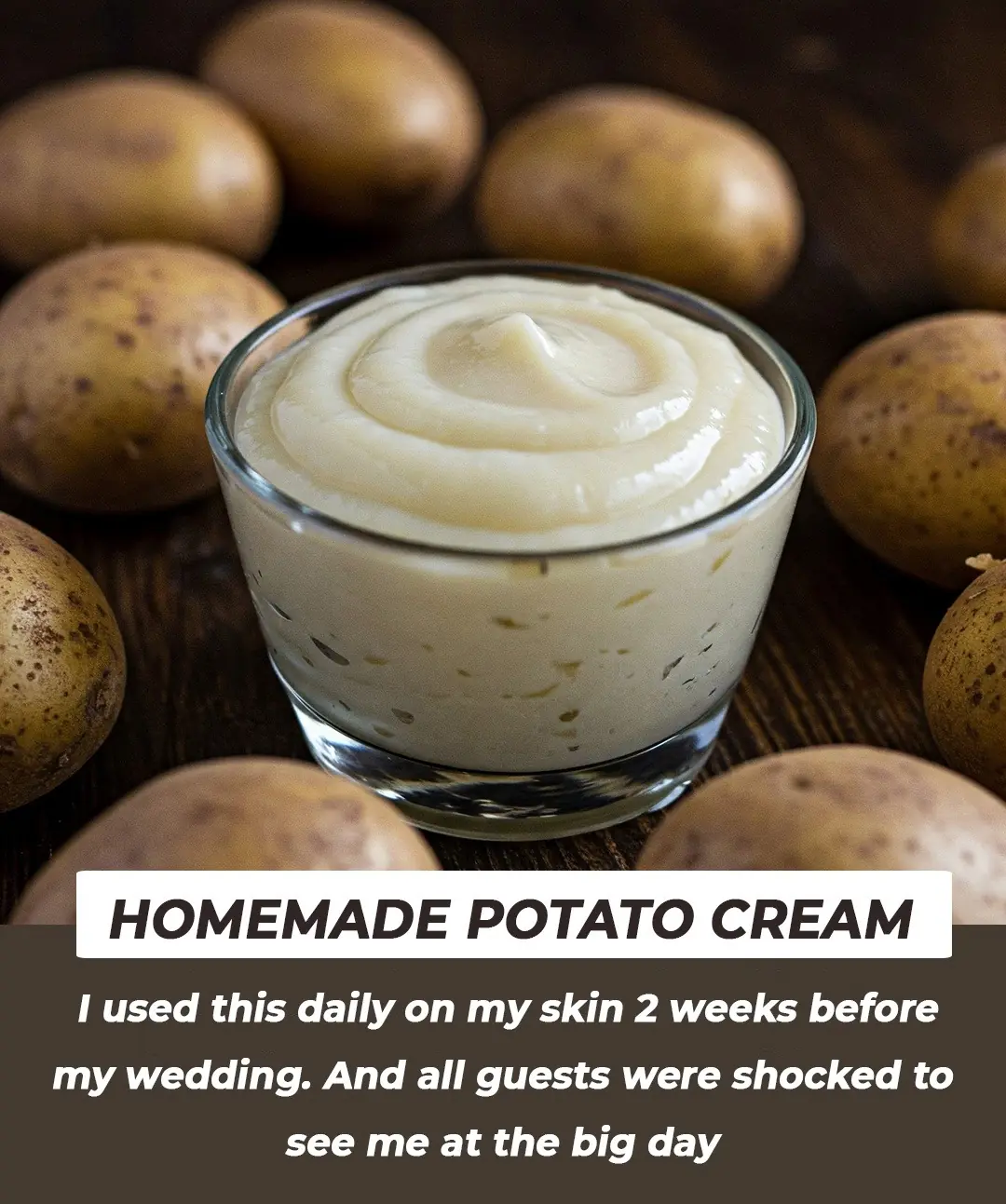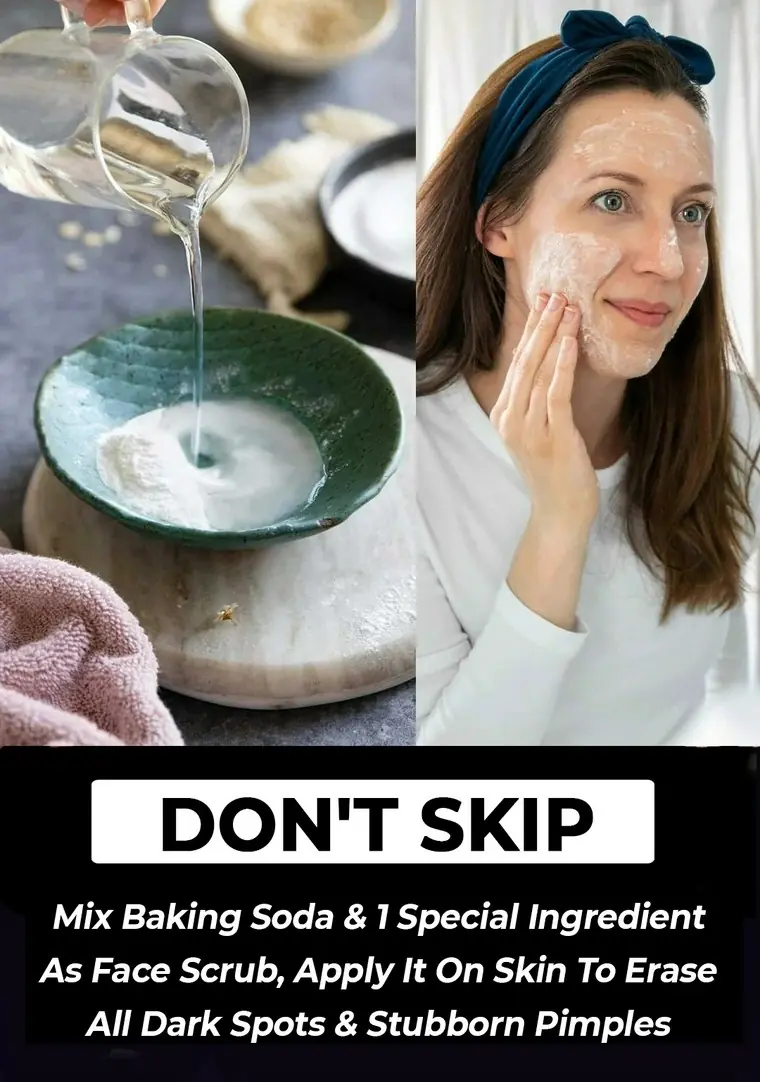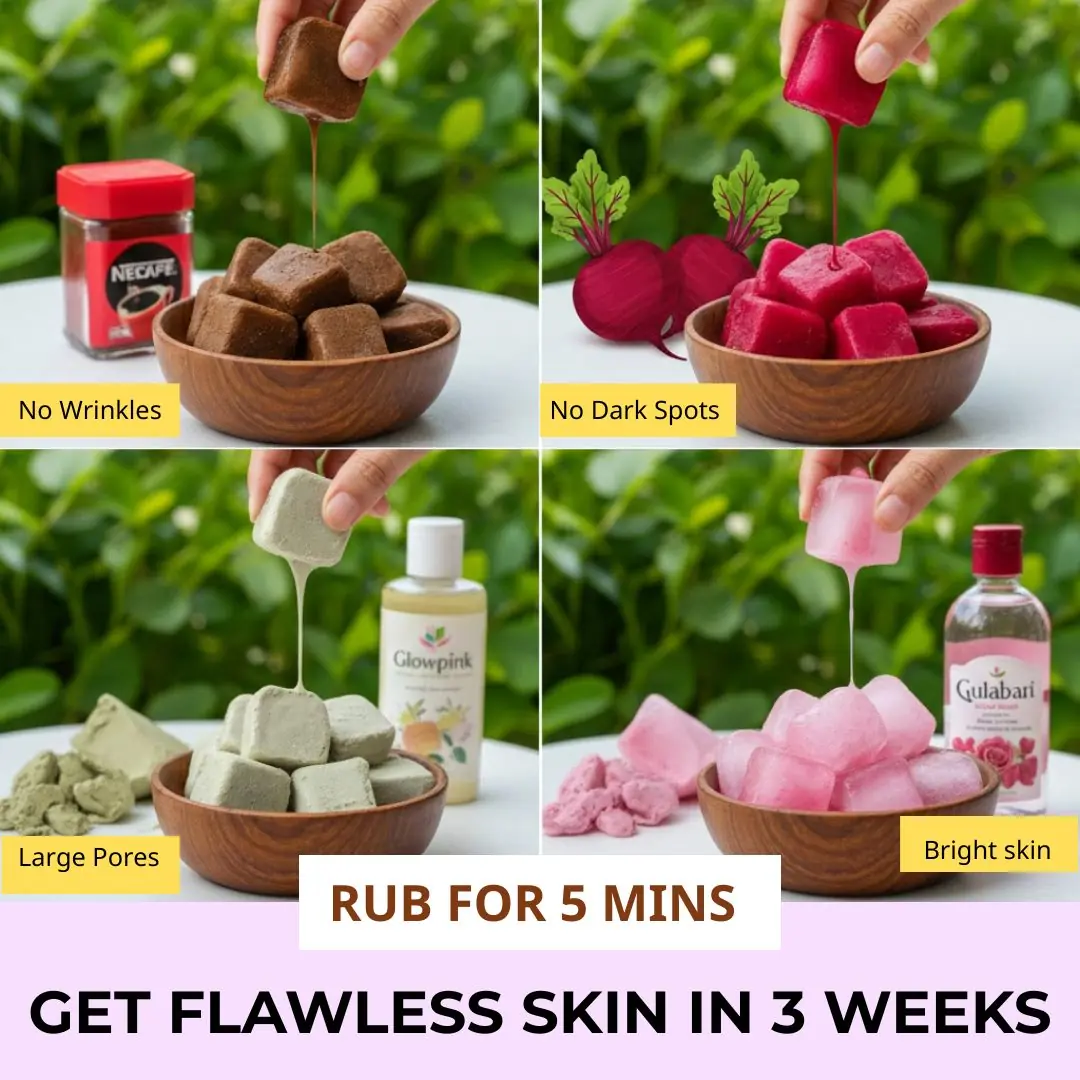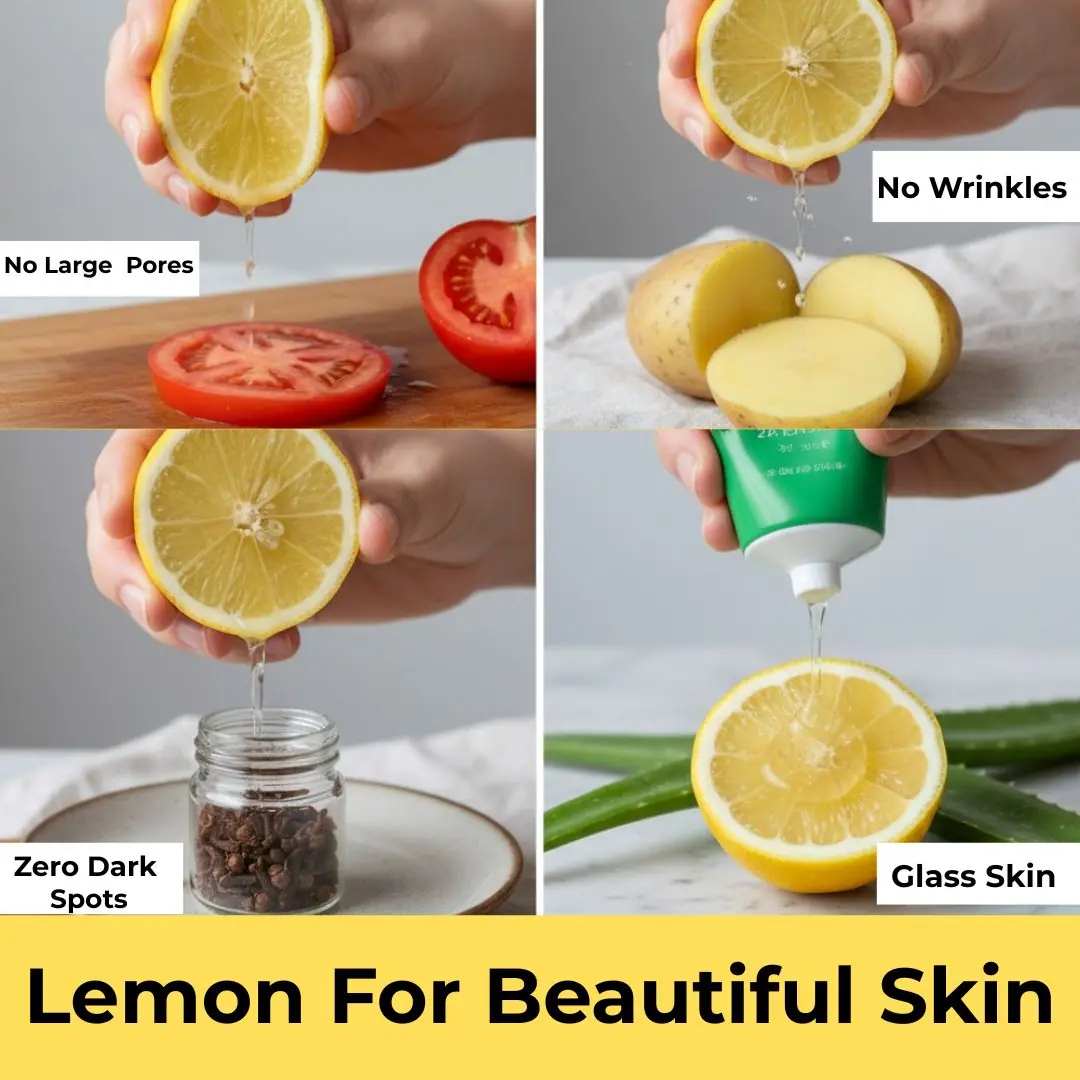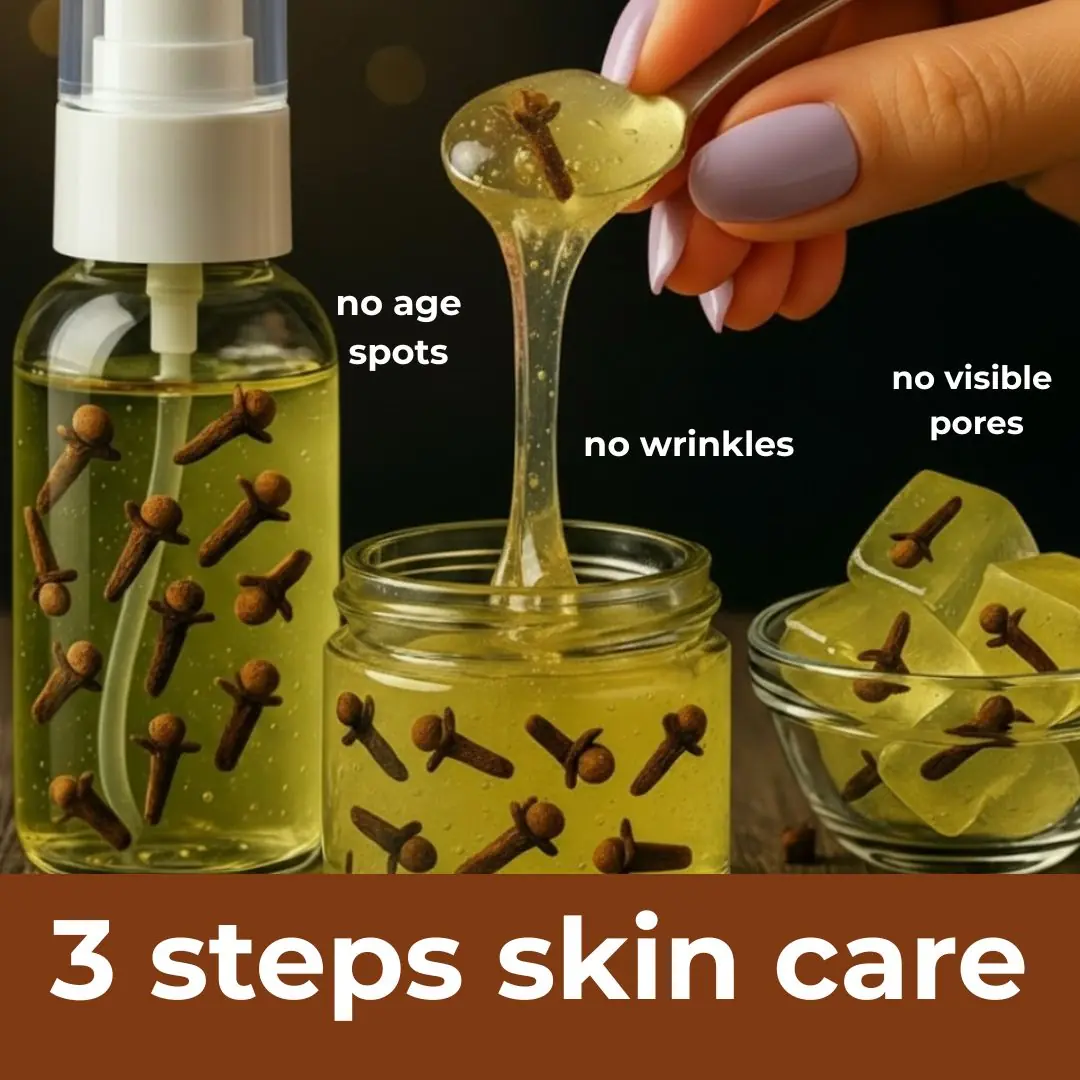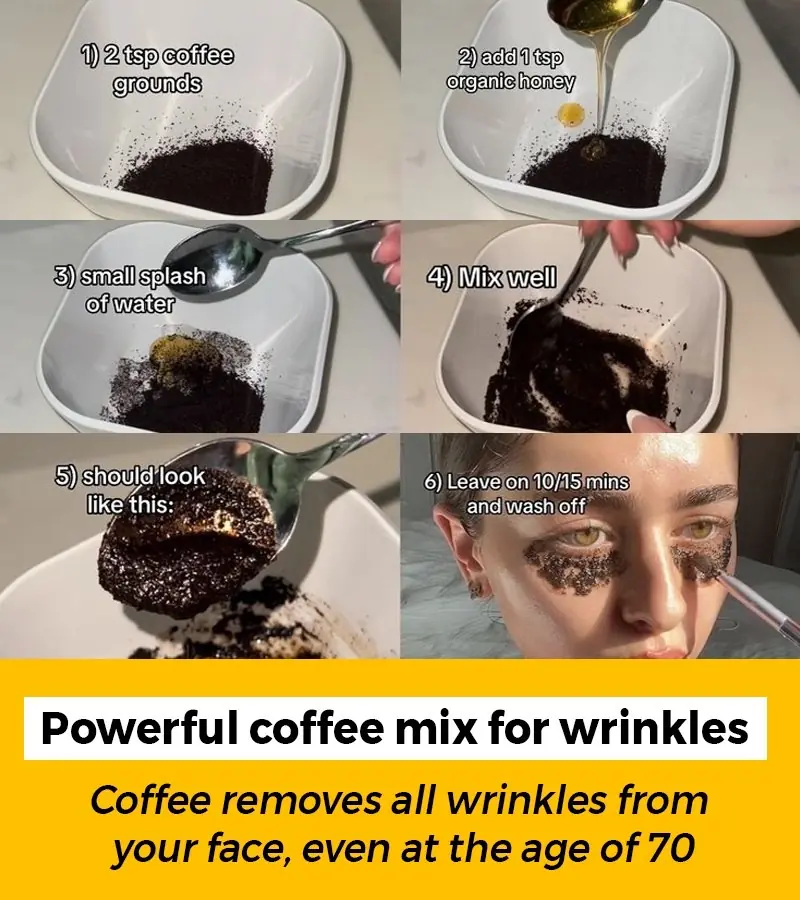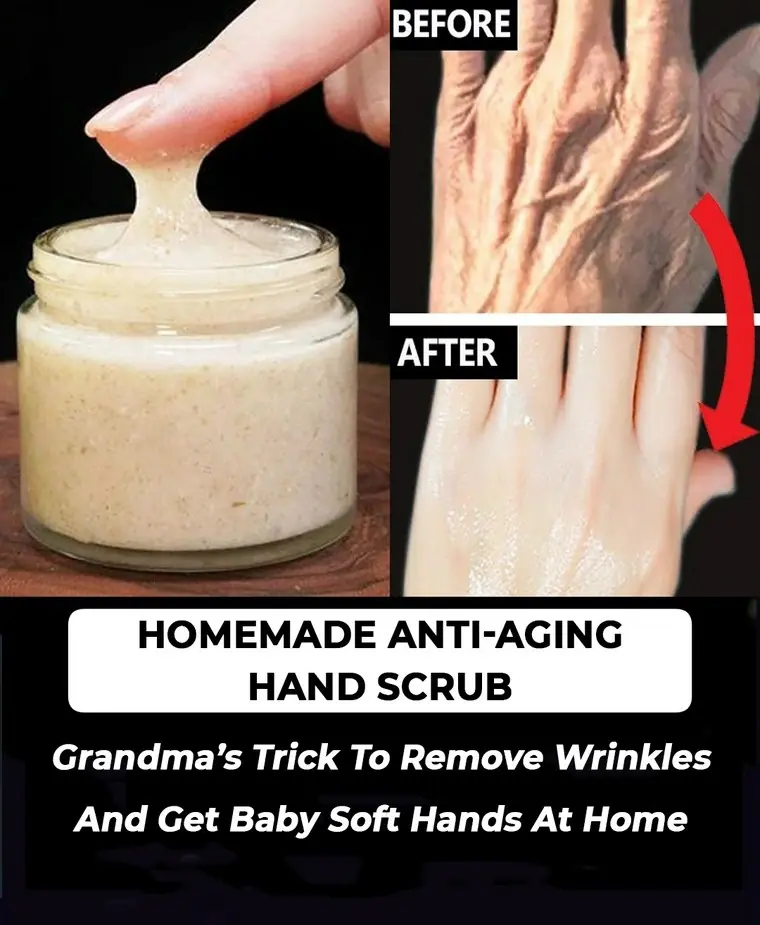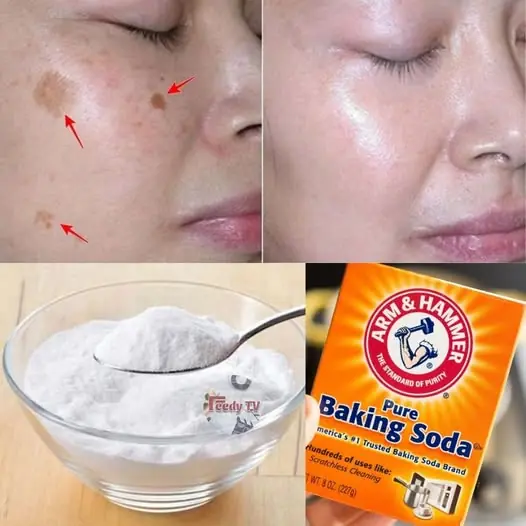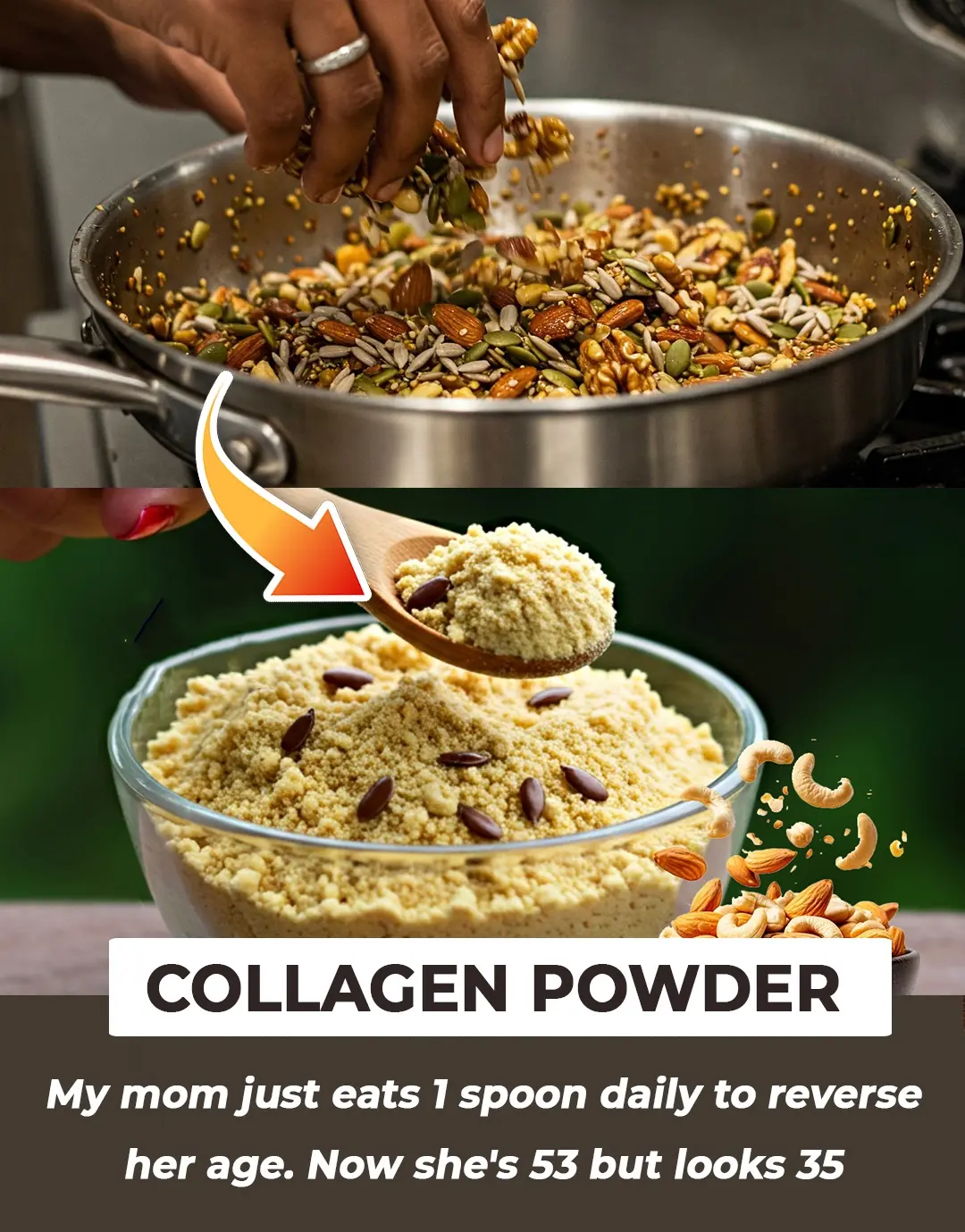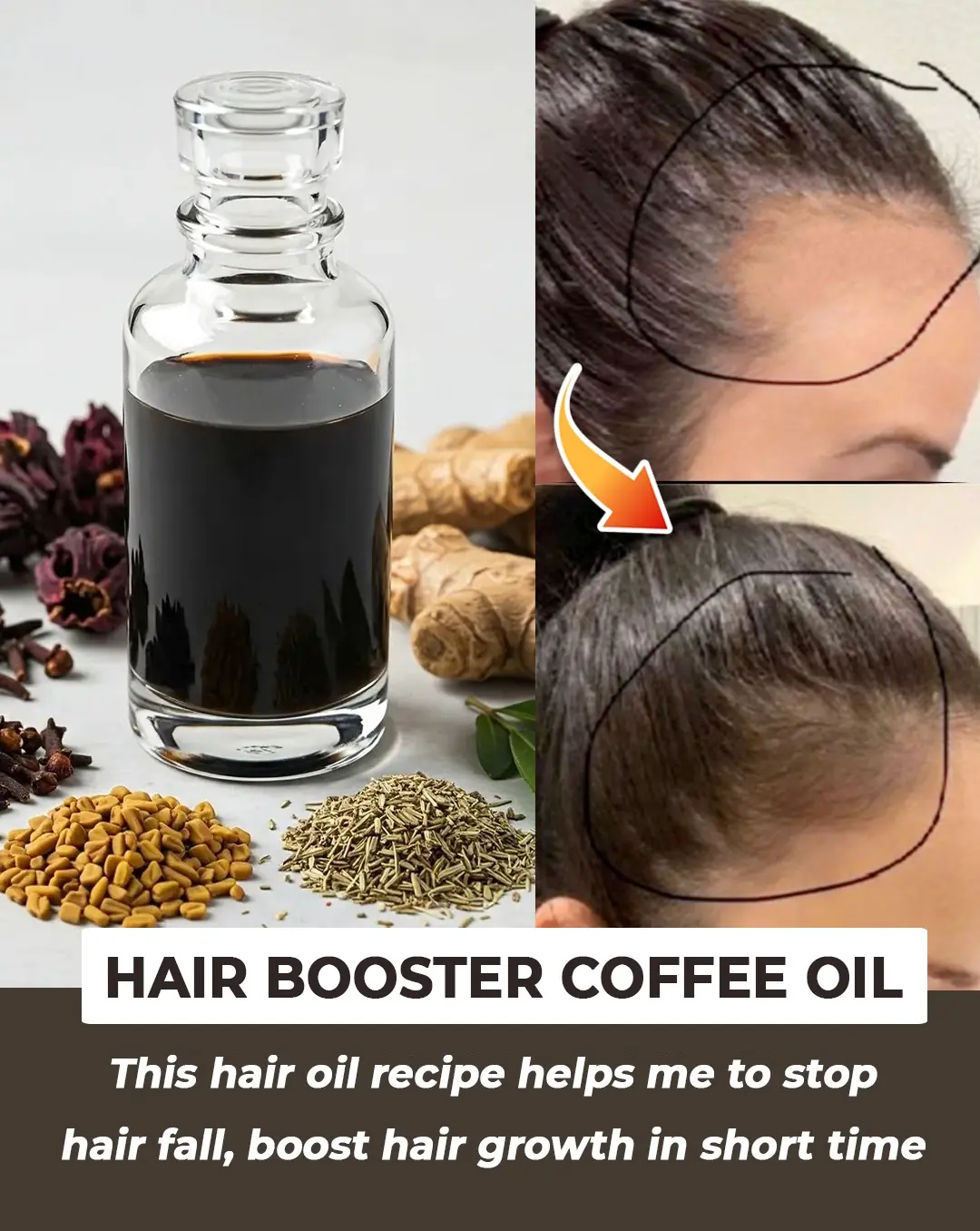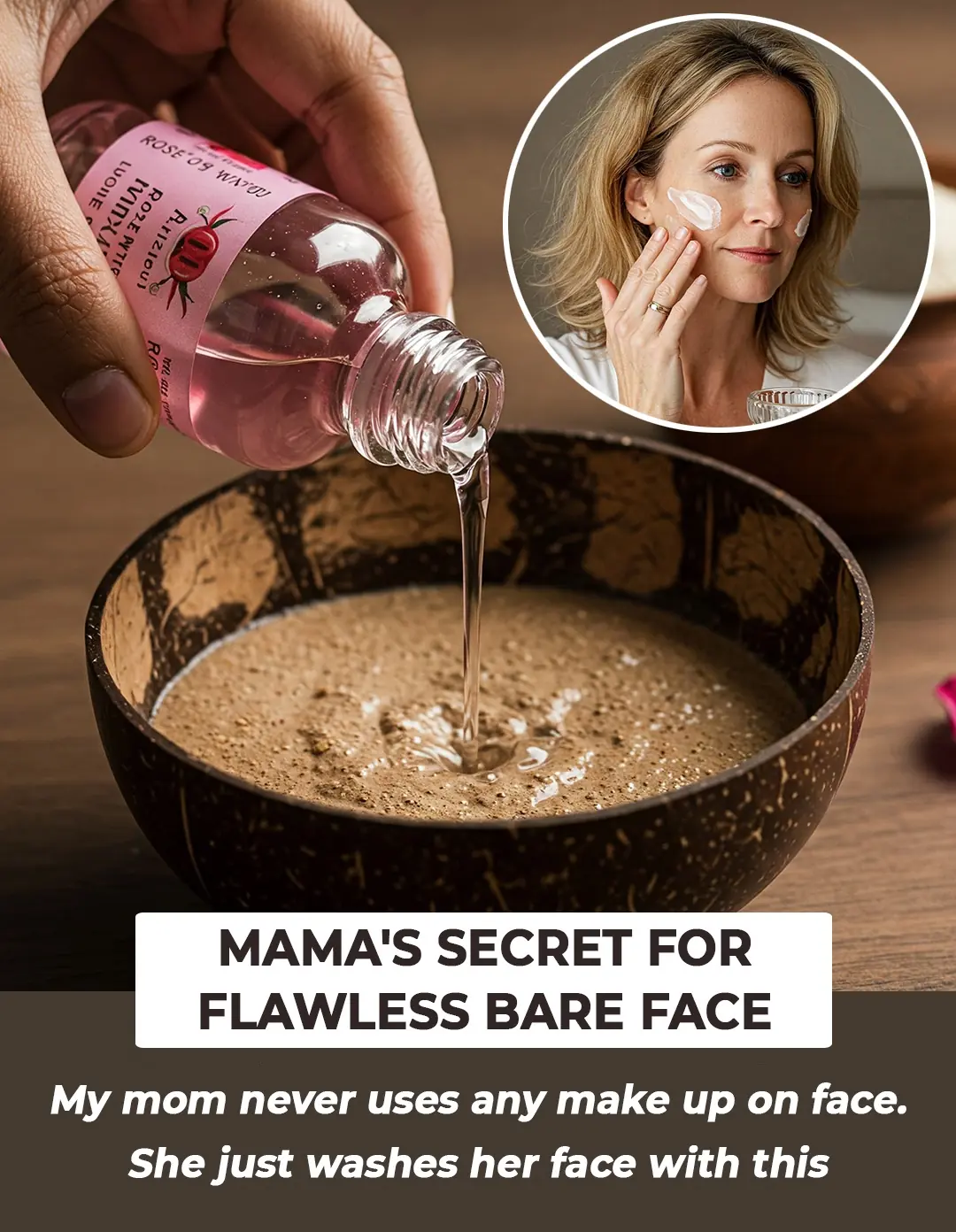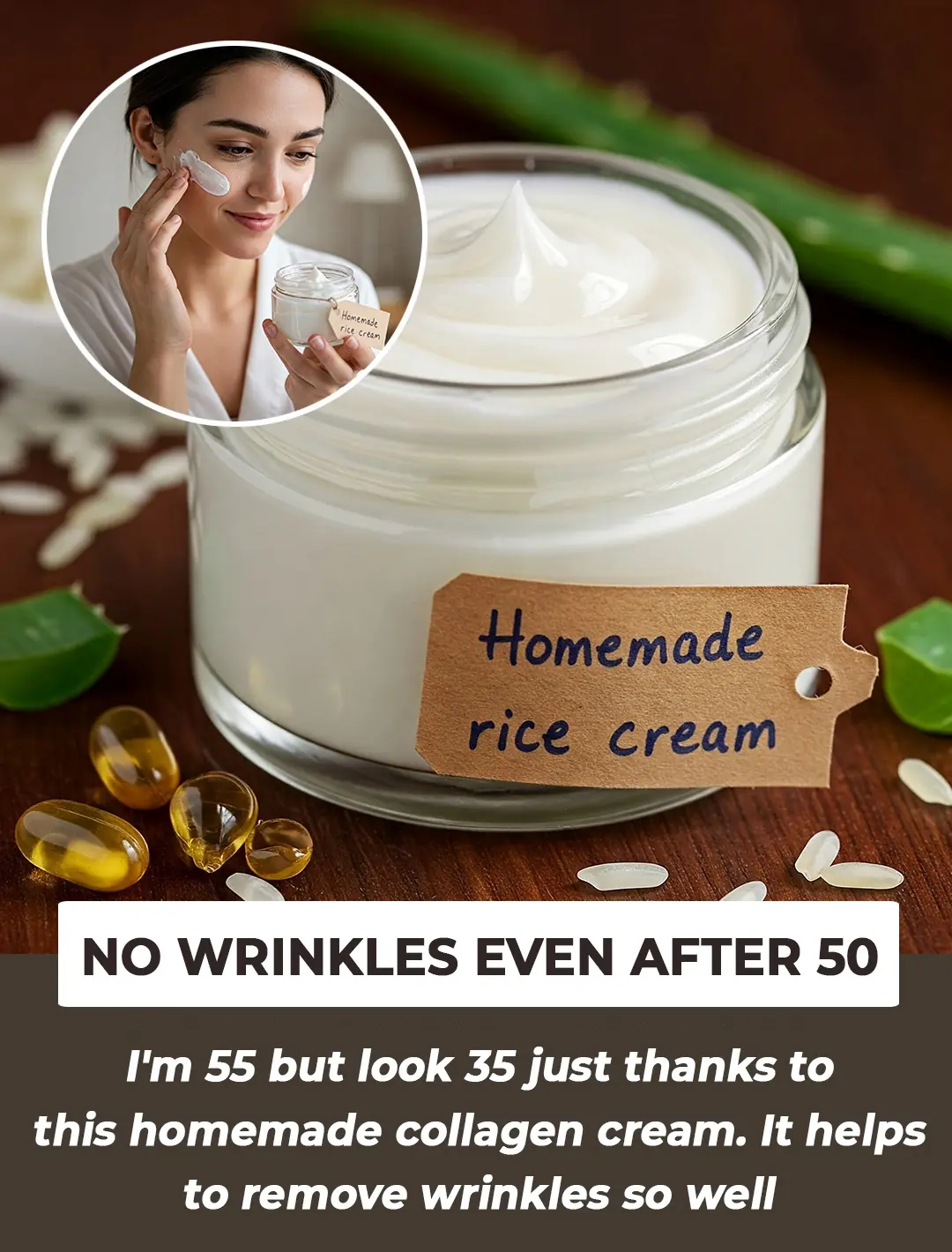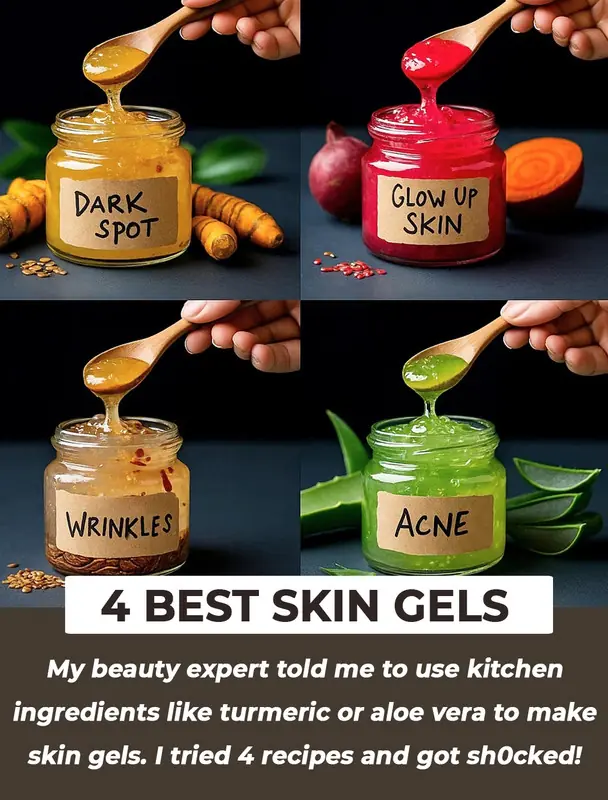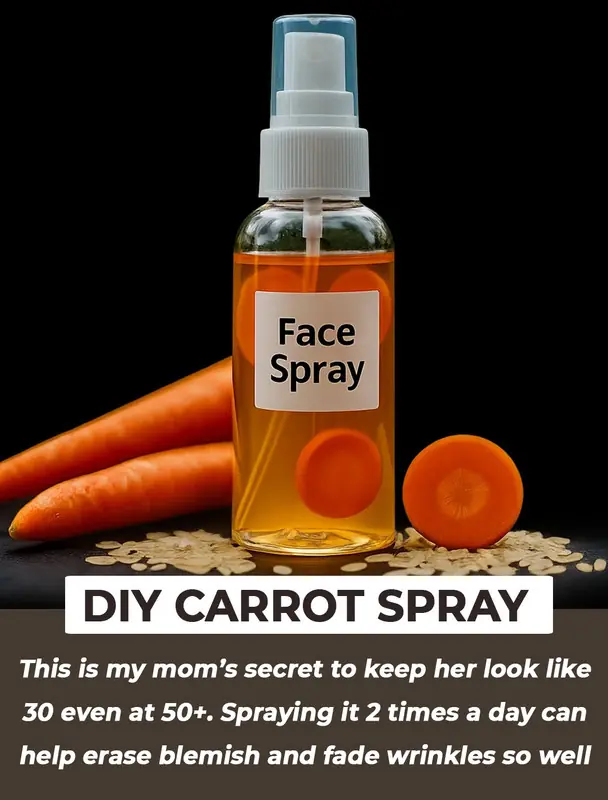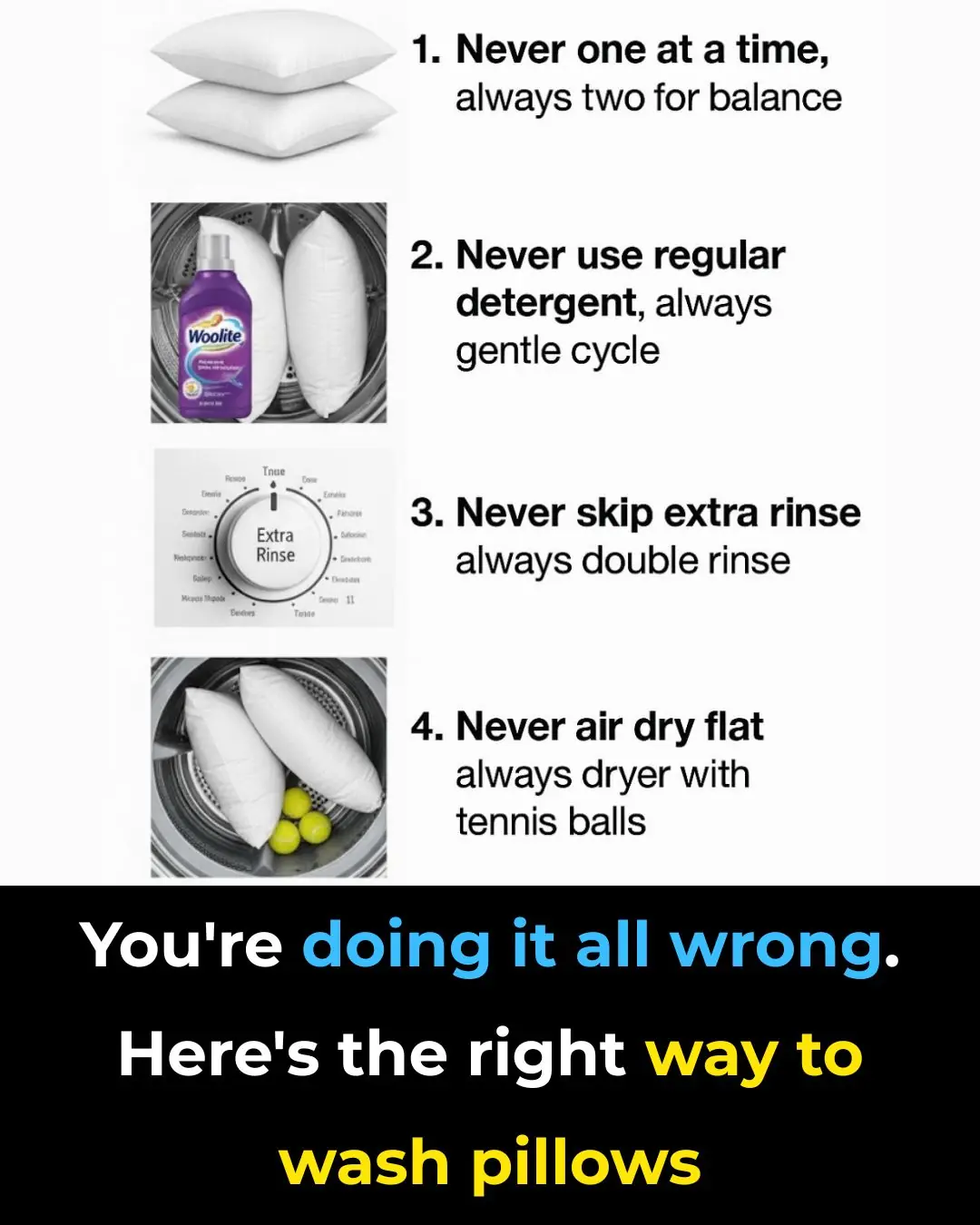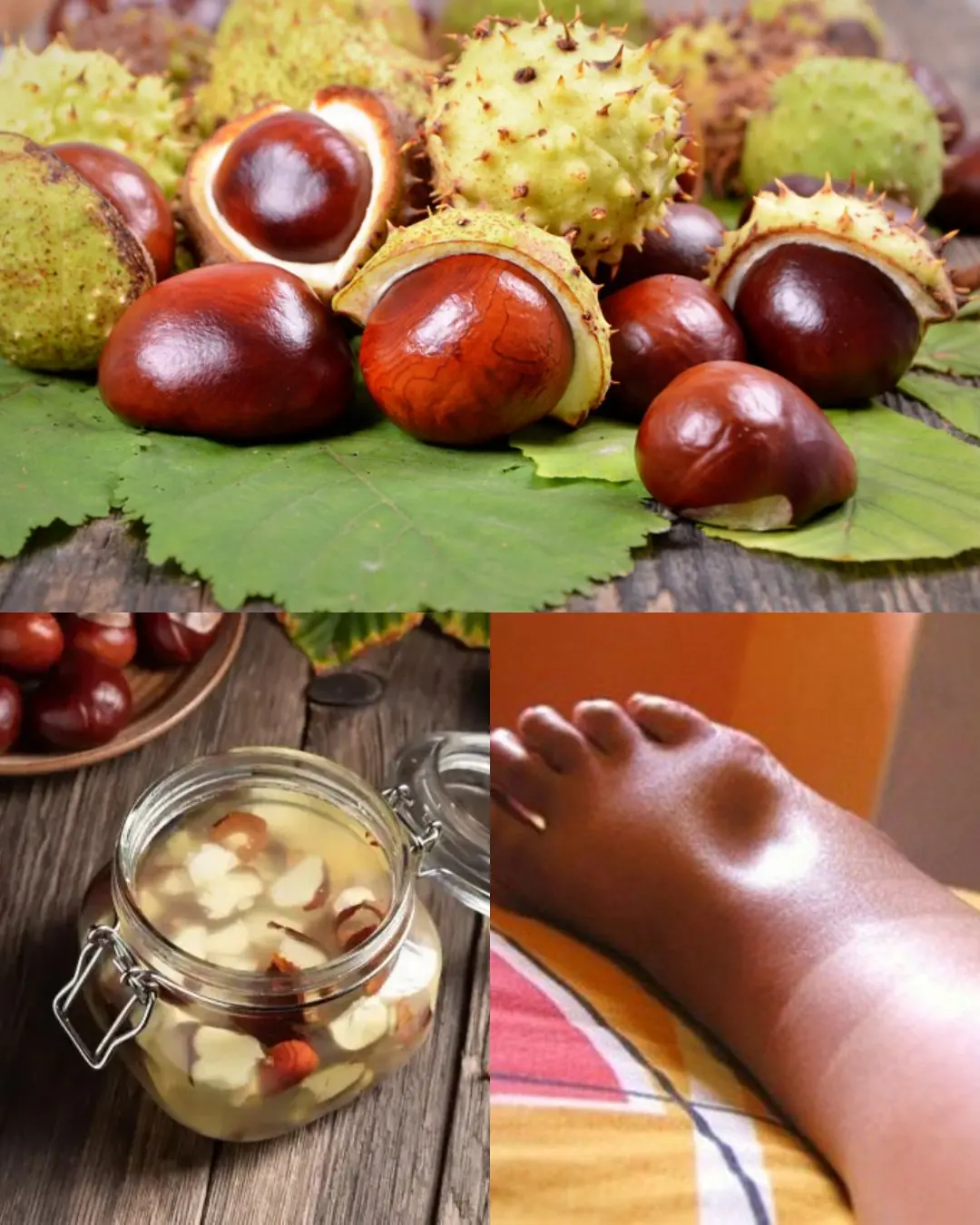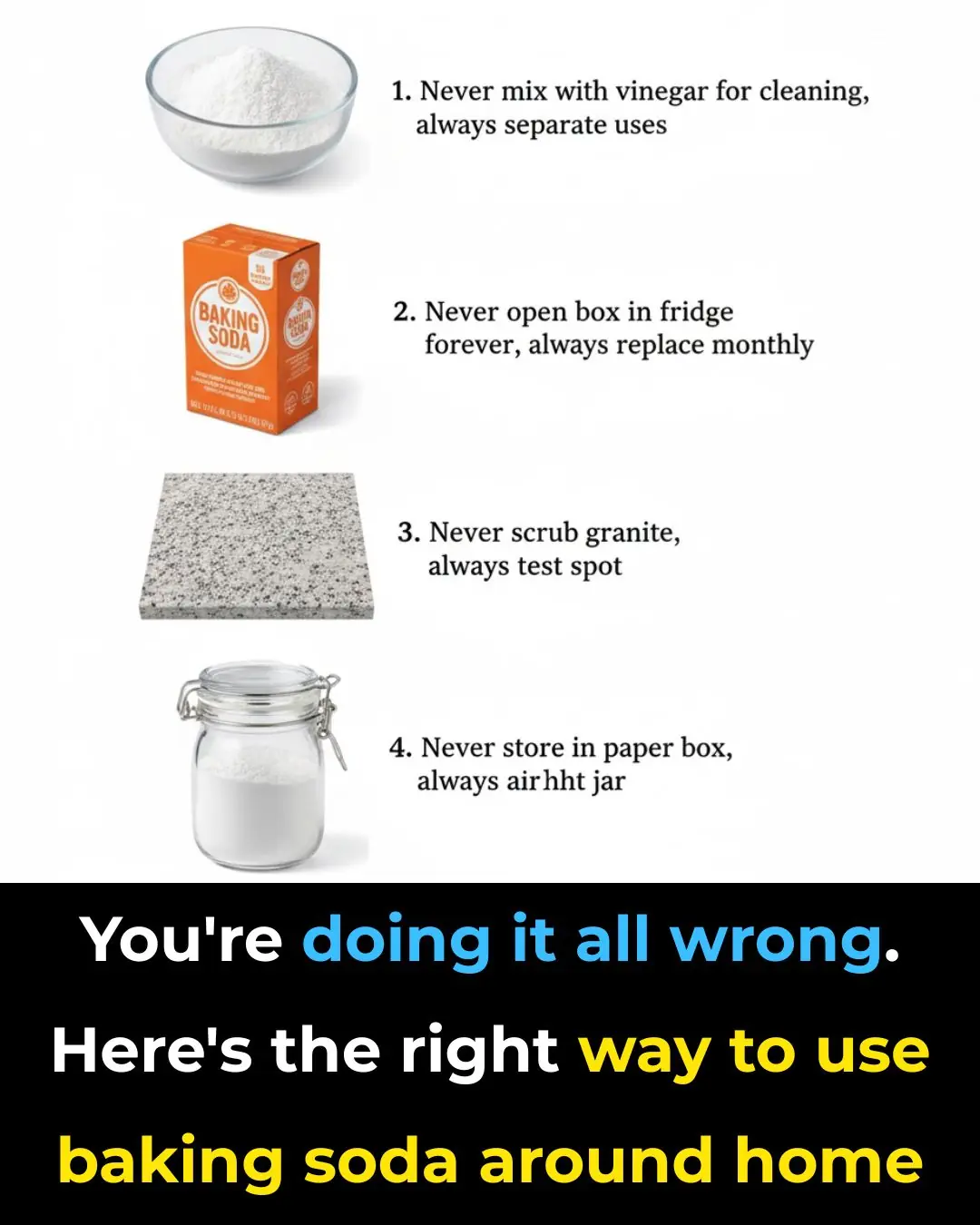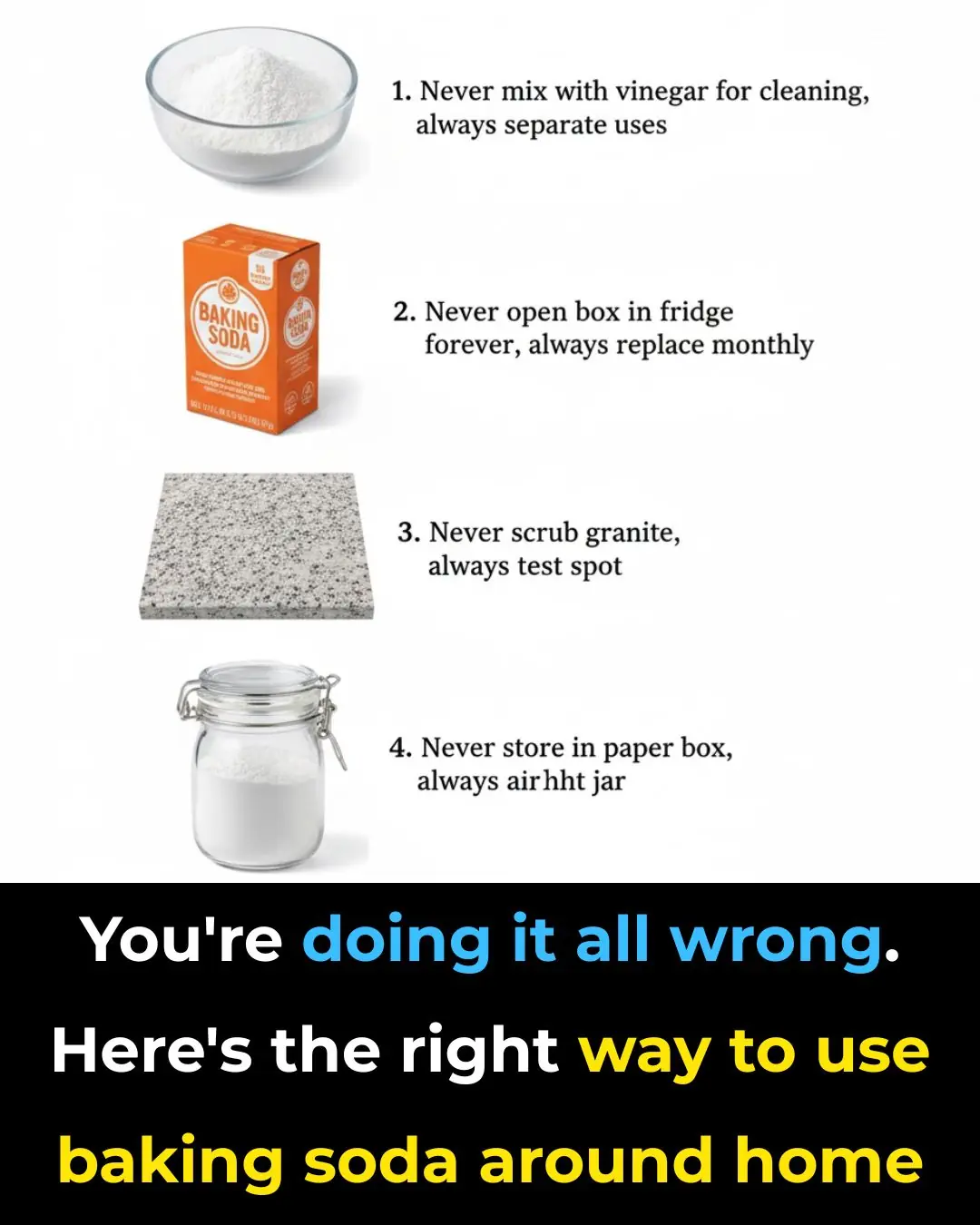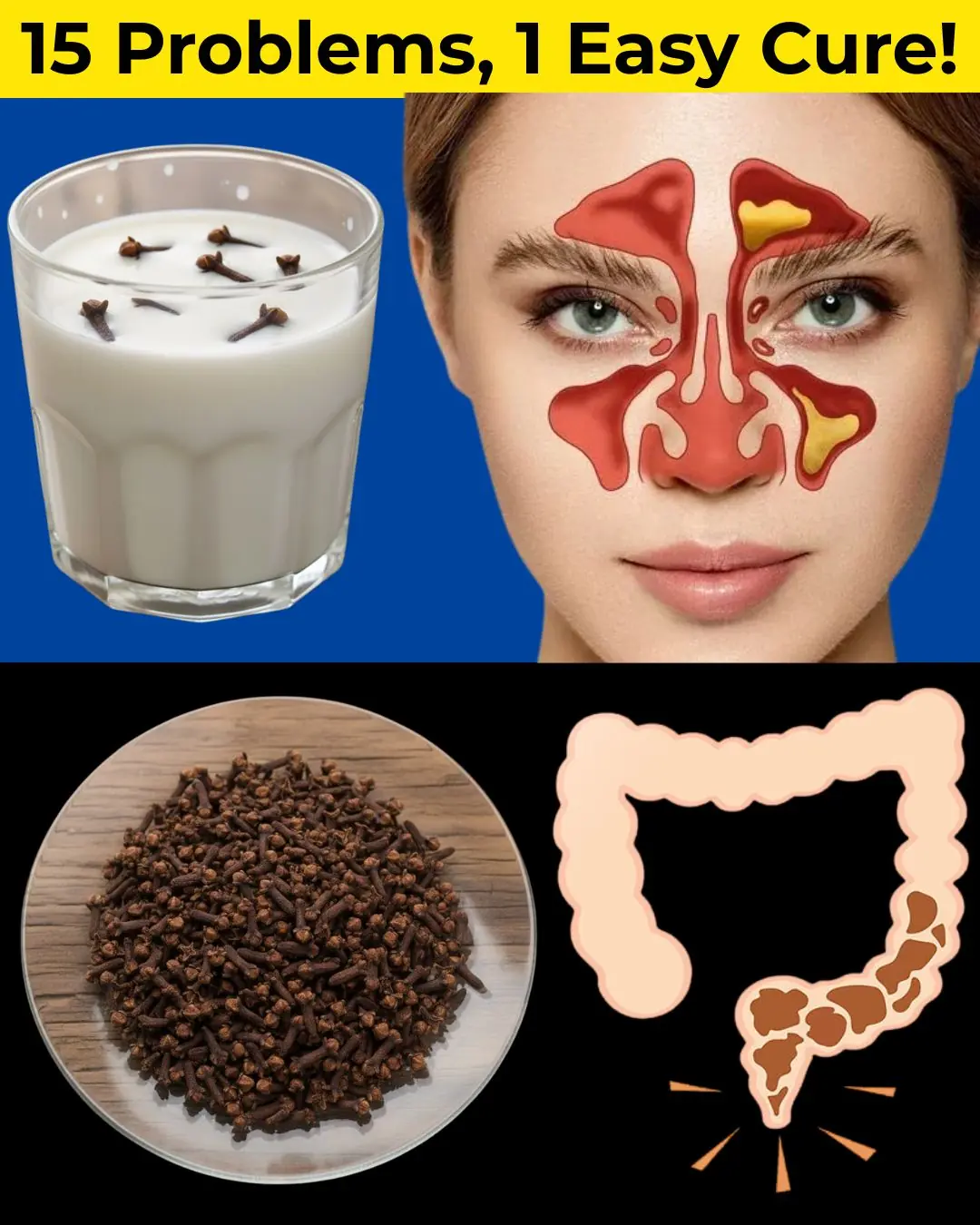When trying a yogurt face mask, you may consider trying different types of yogurt and ingredients based on the results you’re looking to achieve.
Consider the following options:
Different types of yogurt
It’s best to use plain, unflavored yogurt for a face mask, but not all types are created equal.
Regular cow’s milk yogurt contains more calcium than other varieties. Greek yogurt, on the other hand, has a thicker texture due to the absence of the amount of whey that other types have, making it easier to apply to the skin.
If you have a cow’s milk allergy, there are other options to consider. These include plant-based yogurts made from almond and coconut milk, as well as goat’s milk yogurt.
Honey
Research shows that honey is a natural source of certain nutrients and proteins that can help treat dry skin, eczema, and psoriasis. It may also help prevent and treat wrinkles while restoring the upper layer of the skin, also called the epidermis.
Honey may also act as a potential wound healer, especially in the case of burns.
Turmeric
Turmeric is a spice that’s gaining traction for its anti-inflammatory effects. While noted for such effects as a food or supplement, others are turning to turmeric as a topical treatment.
It’s perhaps best known for treating inflammatory skin conditionsTrusted Source, such as acne and psoriasis.
Aloe vera
Aloe vera is perhaps best known as a sunburn remedy. However, its skin benefits extend beyond burn relief, including acne, eczema, and psoriasis. It may also help moisturize dry skin. Its ability to absorb quickly into the skin makes aloe vera a good option for oily skin.
All types of face masks have a few purposes in common: They’re designed to improve your skin texture, tone, and moisture balance. The exact benefits vary by ingredient, however.
Below are nine purported benefits of using a yogurt face mask.

1. Adds moisture
Yogurt’s creamy texture is thought to help lock in moisture in your skin. In-vitro and in-vivo studiesTrusted Source from 2011 also back up such effects of a yogurt mask.
2. Brightens skin
That same research from 2011 also suggested that a yogurt mask can potentially brighten your skin.
3. Toning benefits
Whether you have acne scars or sun or age spots, an uneven skin tone is common. Yogurt is purported to help even out skin tone, perhaps with the help of naturally occurring probiotics, according to 2015 researchTrusted Source.
4. UV ray protection
While research supports the potential of yogurt to help reverse age spots caused by sun damage, the 2015 research suggests that yogurt may help minimize the effects of ultraviolet (UV) rays in the first place.
It’s thought that yogurt may help create a free radical neutralizing barrier against the skin, which in turn reduces the risk of sun damage-induced age spots and wrinkles.
5. Increased elasticity
The 2011 researchTrusted Source has also indicated that yogurt may support increased elasticity in the skin.
As you age, your skin naturally loses collagen, a type of protein that promotes elasticity. Face masks may help restore elasticity while improving overall skin appearance.
6. Reduced fine lines and wrinkles
Increased elasticity is also one way to reduce the appearance of fine lines and wrinkles. Another method is to tweak the appearance of the epidermis, where fine lines are most prominent.
The 2015 researchTrusted Source suggests that probiotics in yogurt may help protect against such signs of aging.
7. Fights acne
Probiotics are also thought to help fight P. acnes bacteria, a leading cause of inflammatory acne lesions. According to that same research from 2015, probiotics reduce overall inflammation, which may in turn soothe acne and help to prevent future breakouts.
8. Treats other inflammatory skin conditions
The same anti-inflammatory effects found in probiotics are thought to help treat other inflammatory skin conditionsTrusted Source. These include rosacea, psoriasis, and eczema.
9. Treats skin infections
It’s also purported that yogurt may have microbial properties that may treat skin infections. Still, yogurt mask shouldn’t be applied to infected or broken skin without a doctor’s approval first.
Yogurt can be used on its own as a face mask, but you can also combine it with other ingredients to address specific skin issues. Always wash your face first before applying a face mask, and leave it on for up to 15 minutes.
Consider the following DIY recipes:
- 1/2 cup yogurt, 1 tsp. honey, and 1/2 tsp. of ground turmeric for inflammatory or oily skin
- 1/4 cup yogurt, 1 tbsp. honey, and 1 tbsp. aloe vera gel for irritated skin
- 1 cup yogurt and a few drops of fresh lemon juice for hyperpigmentation
Yogurt is a popular ingredient in DIY face masks, known for its ability to balance your skin’s moisture while providing other targeted benefits. Some clinical research supports the benefits of yogurt face masks, highlighting their potential to nourish and hydrate the skin.
However, more research is still needed to fully understand the widespread skin benefits of topical yogurt.
If you’re looking to treat chronic skin conditions, your dermatologist is an excellent resource. If yogurt doesn’t deliver the results you expect, consult your doctor for personalized skincare advice and recommendations.
